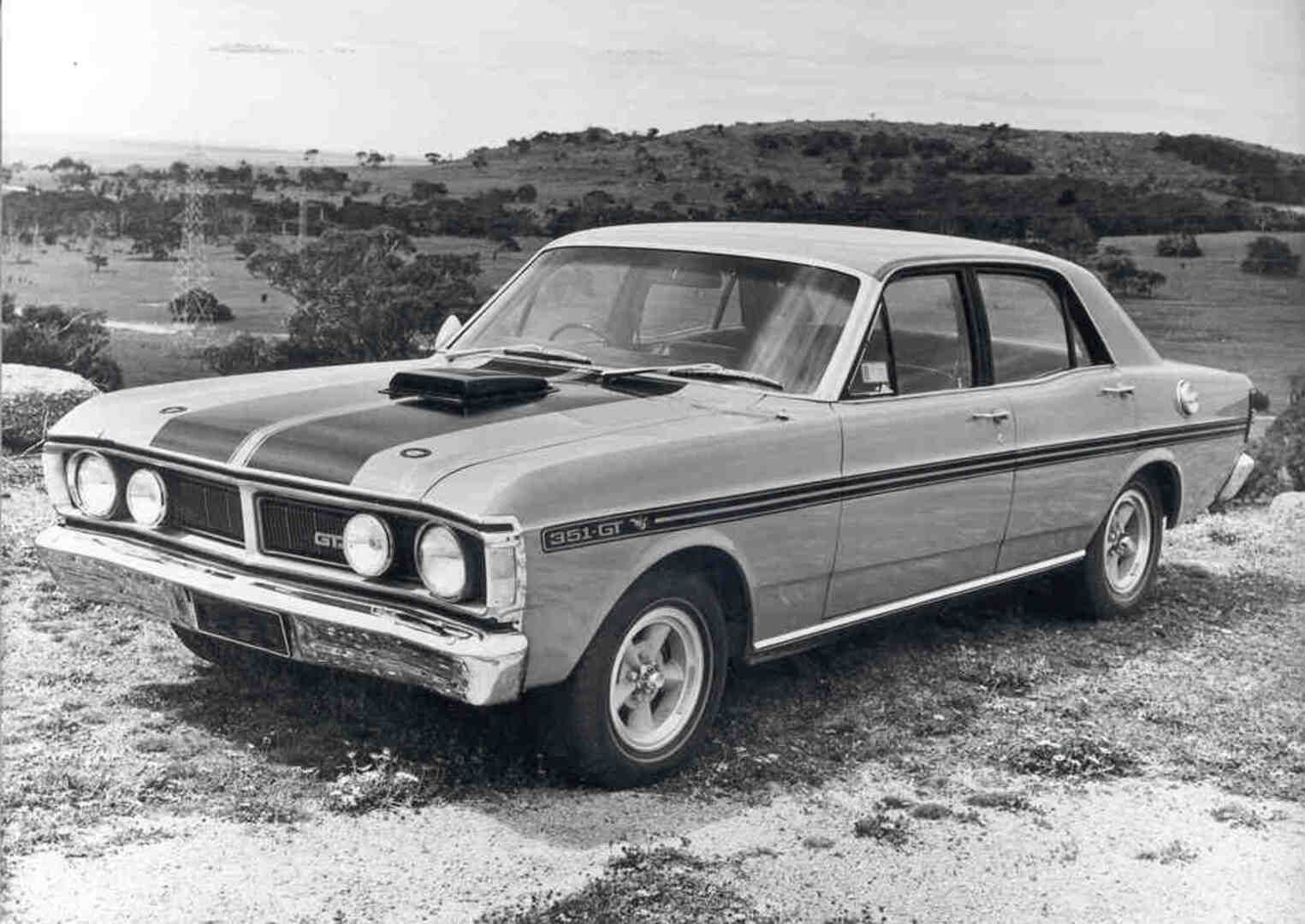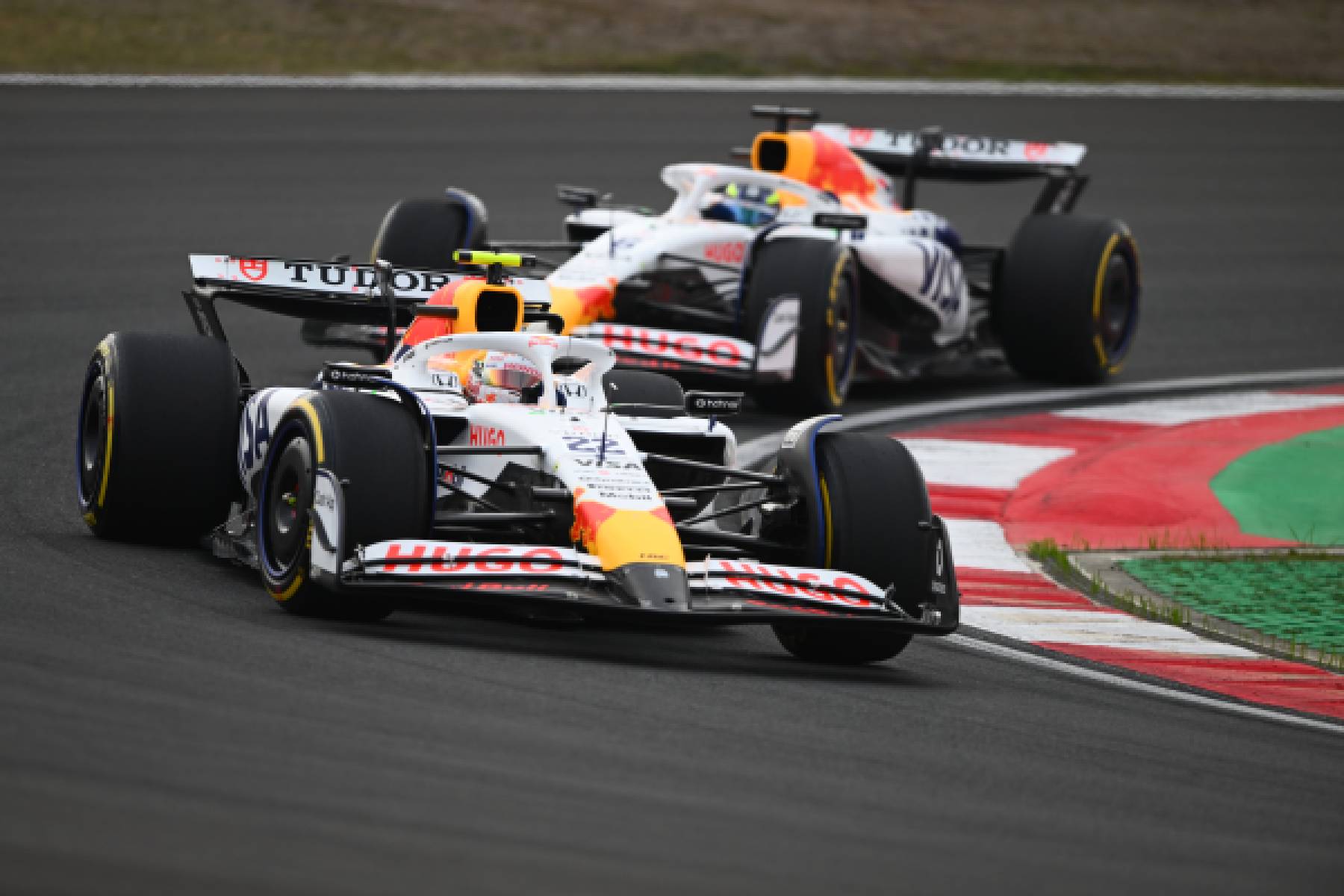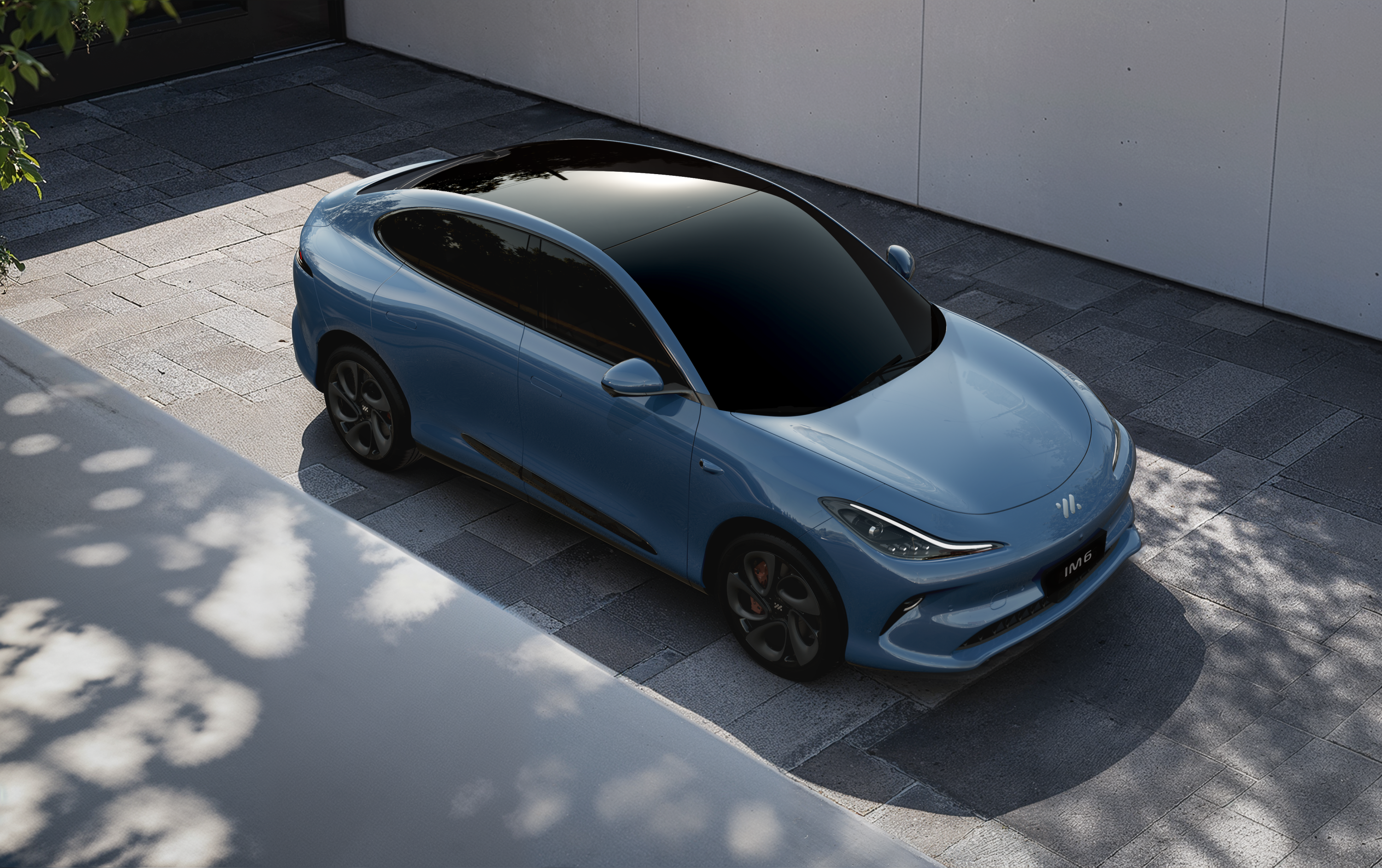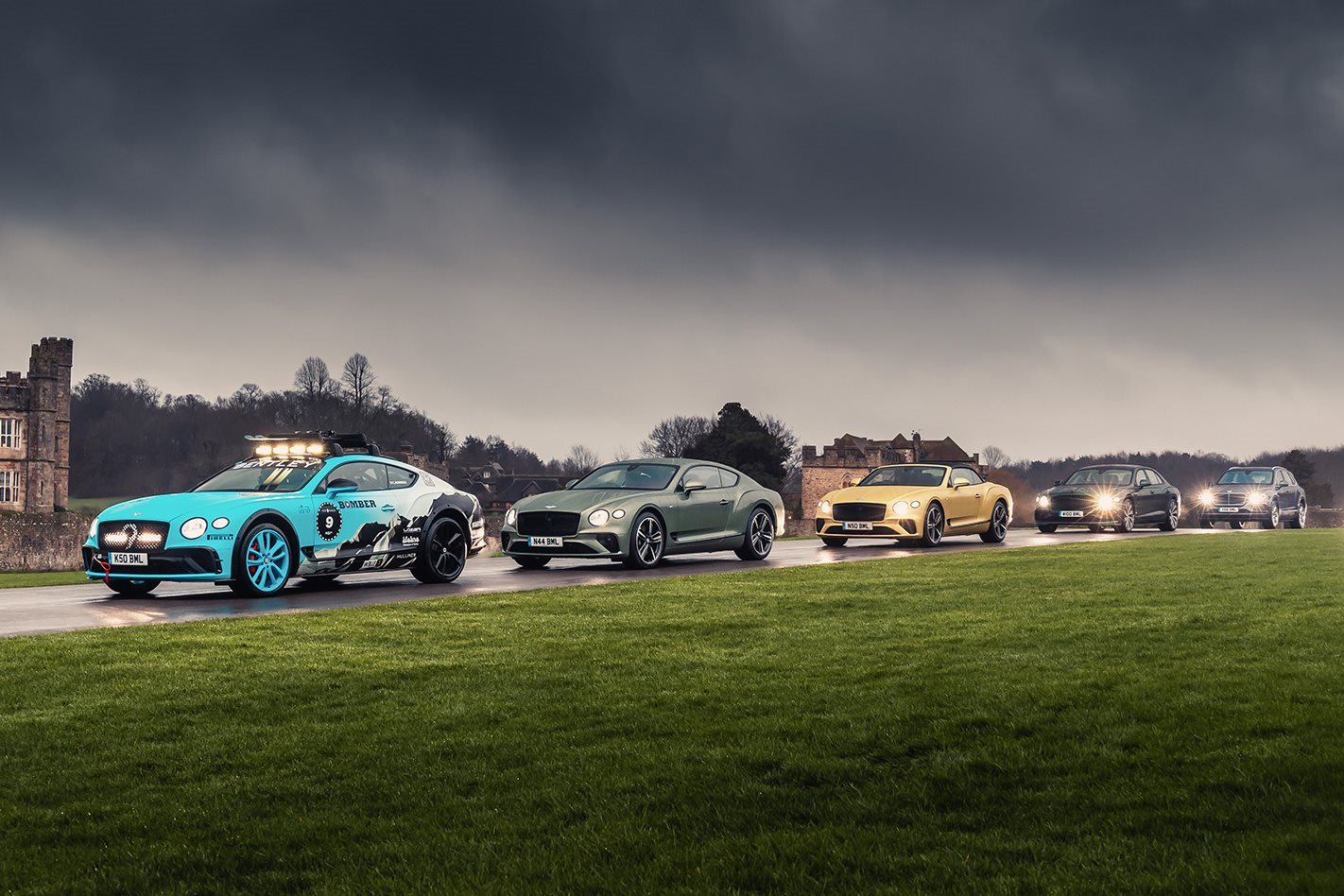
It might not be immediately apparent from the outside, but Bentley, like many car manufacturers, is not having a great 2020.
On top of the coronavirus pandemic and all the economic difficulties it has brought, the England-based brand continues to get a kicking from Brexit fallout.
But while the company has been owned by the Volkswagen Group since 1998, nepotism has resulted in the German brands receiving prioritised support.
Call it too much autonomy or call it neglect, the result is an ailing Bentley that needs urgent assistance.
And it seems that help is coming in the form of four rings as reported by carmagazine.co.uk and, from next year, the iconic British brand will have Audi’s hand on its tiller.
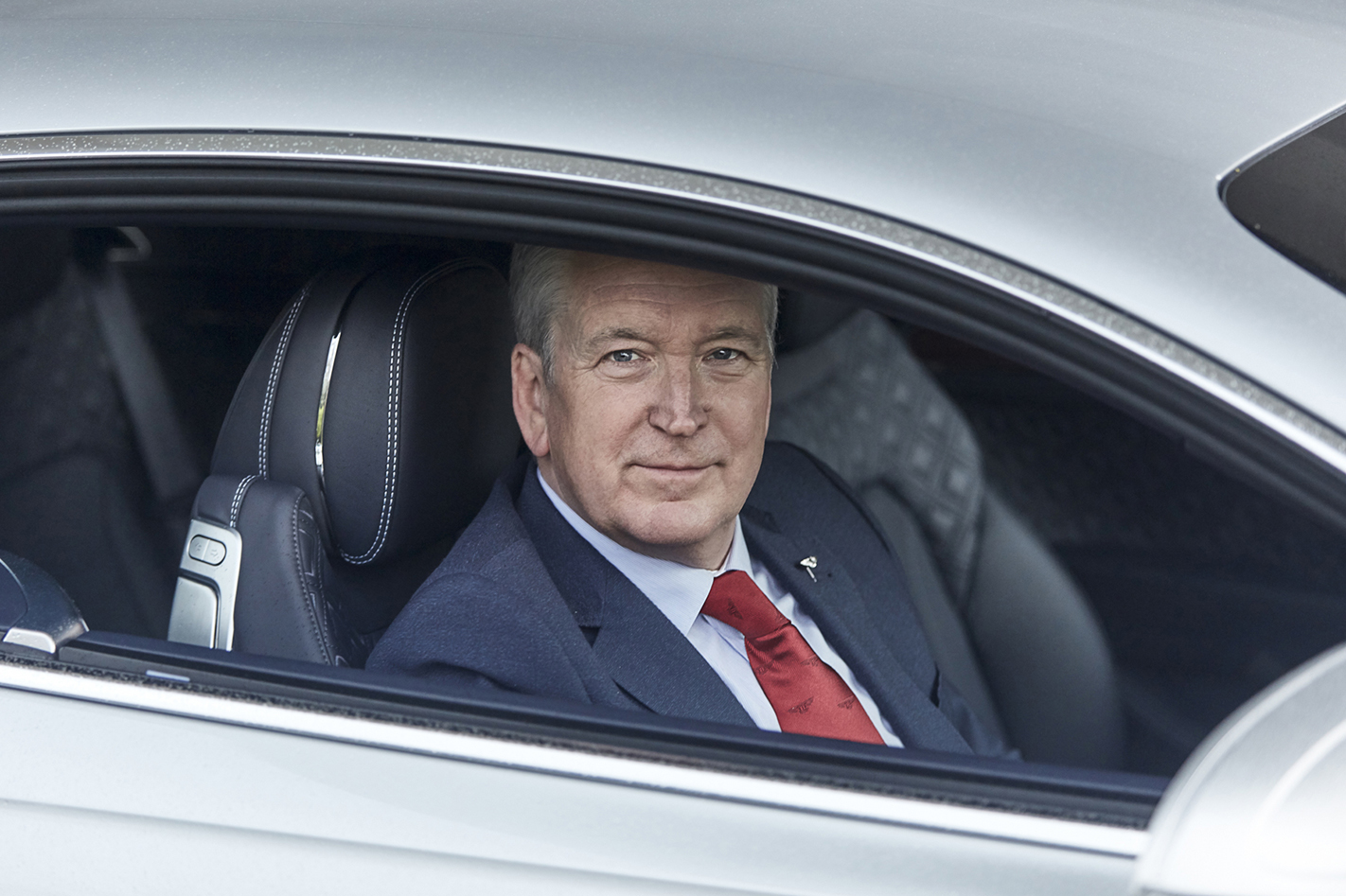
That means the German premium brand’s relatively fresh CEO Markus Duesmann can add the job of steering Bentley back onto its rails to the stack of other tasks he inherited with the role in March this year.
Audi acting early
In 2019, Bentley managed to increase global sales by 5.0 percent to about 11,000, with the USA accounting for the largest share, closely followed by Europe.
The respectable rise was thanks to the combined power of two models – the all-new Continental GT and the company’s first SUV, the Bentayga.
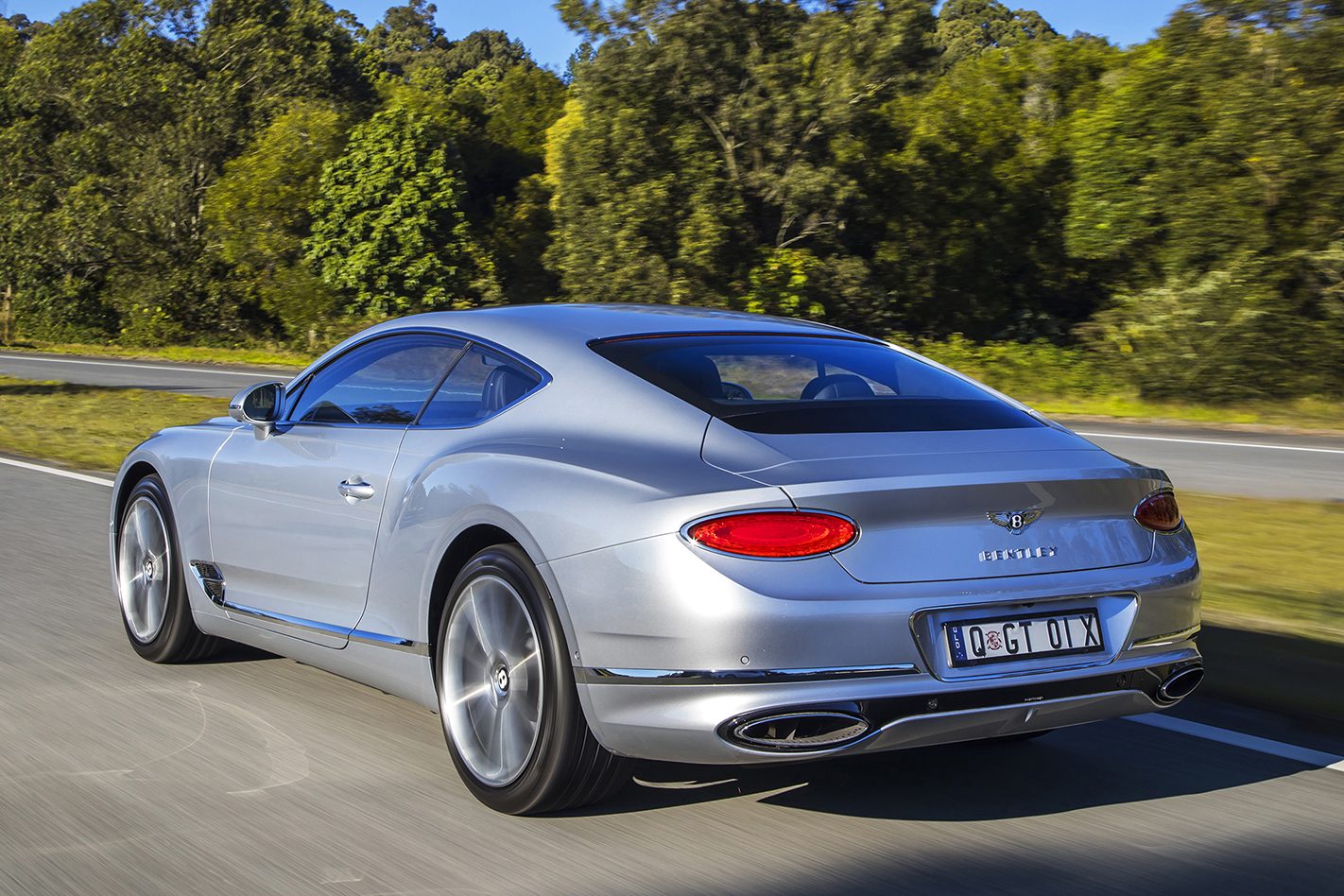
However, the sales slide started in 2020 and it’s no coincidence that the brand’s two biggest markets are also two of the world’s continents hardest hit by COVID-19.
Global and national economic variables aside, though, the brand should be doing better.
It has a resoundingly good new Continental coupe and convertible on its books (once the company best-seller) thanks to the collaboration with Porsche and shared Panamera parts, while the Bentayga is still relatively fresh in the market and has the potential to swing haymakers in the lucrative luxo SUV arena.
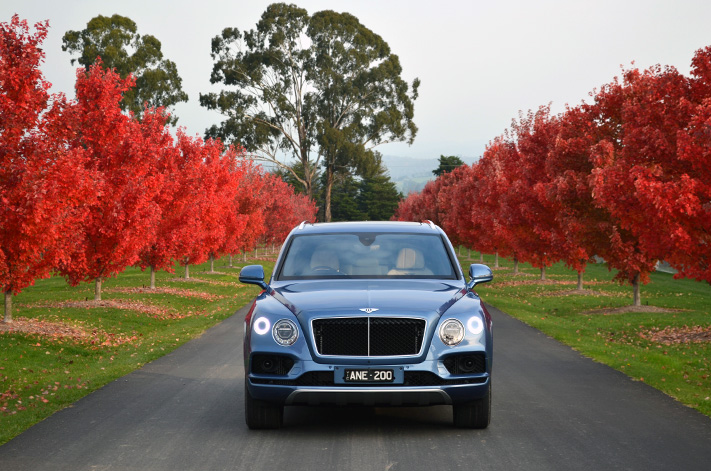
Bentley’s Australian operations haven’t escaped with year-to-date Bentley sales down 20 percent – and it’s certainly not the hardest hit global region. But what can be done to reverse the trend?
How will Audi help Bentley?
With the exception of a small number of Continental GT and Bentayga production stages that are completed at Volkswagen factories in Germany and Slovakia, a majority of Bentley models are produced in Crewe in the UK.
One possibility would be to move a larger share of Bentley manufacturing operations into European facilities, mitigating the economic damage to UK industry by Britain’s exodus from the EU.
VW Group has previously floated the idea to move all but special vehicle operations elsewhere, but it was opposed by Bentley Motors CEO Adrian Hallmark. With Audi now at the helm and more local economic problems added into the mix, the strategy may be revisited.
More model efficiency
With the departure of the Mulsanne, all models in the Bentley line-up now share DNA with other Volkswagen Group vehicles, and you can expect that cost-sharing exercise to continue and intensify.
While the company doesn’t have plans to drastically grow the number of options beyond the current Bentayga, Continental GT and Flying Spur trio, a fourth model is on the horizon as a product of VW’s Artemis project.
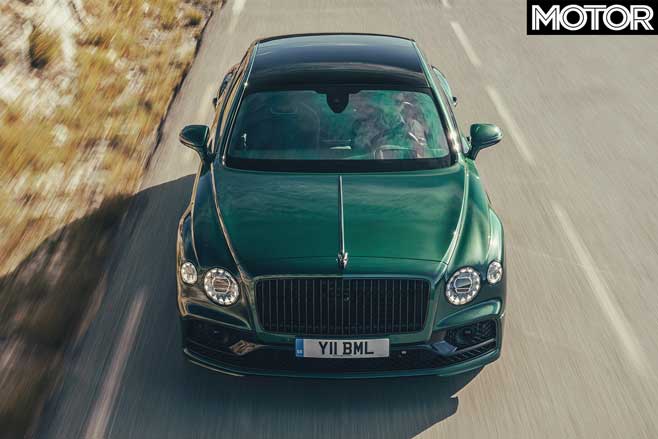
“Resources and technologies of the entire Volkswagen Group are potentially available for this,” said VW at the time of the announcement.
“Duesmann and his Volkswagen Group colleagues also expect the Artemis project to provide a blueprint for the future agile development of cars throughout the Volkswagen Group”.
The broad-reaching strategy was introduced by Duesmann shortly after his appointment and aims to accelerate the development of new models while reducing the cost.
First off the rank will be a crossover that slots in at the large end of the spectrum and, if a derivative joins the Bentley ranks, it will be positioned above the Bentayga in terms of size and premium status.
At the time of the Mulsanne’s retirement announcement, Hallmark alluded that the vacuum created by the outgoing large limo would not remain unfilled.
Expect the big-B SUV to form a new halo of the brand when it arrives, taking the role from the current custodian Flying Spur.
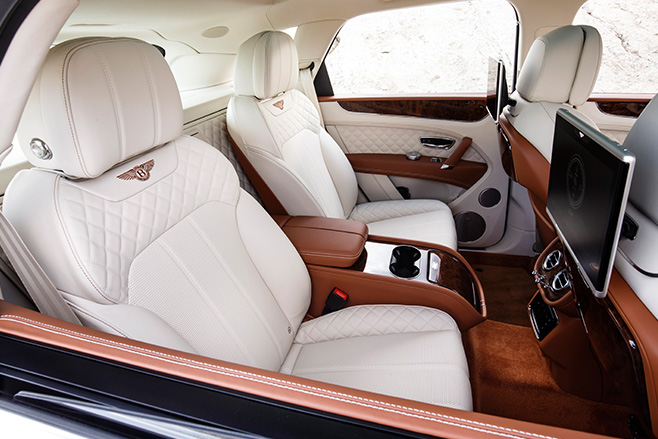
You can bet your last penny the new model will be significantly more fuel-efficient than the 6.75-litre model it effectively replaces, swinging the company’s corporate average fuel economy in the right direction and appeasing tightening emissions regulations.
V8 to EV
However, the most advanced architecture in the stable is also highly likely to introduce more electrification options for the brand. It’s little more than conjecture at this stage but a Bentley EV would align with its Beyond 100 plan.
The strategy has already spawned a plug-in V6 petrol hybrid Bentayga but the company has promised a pure electric vehicle before 2026 and a hybrid version of each model by 2023.
To date, Australia’s most frugal Bentley is the Bentayga Diesel which also borrows Audi bits to return a fuel economy of 8.0-litres per 100km but, diesel is still a dirty word in the eyes of much of the motoring world and its future is finite compared with electric.
The recent developments make the prospects of a production version of the EXP 100 GT concept less bright.
It previewed a sporty electric coupe, but it’s more likely the EV debut will be made by a crossover.
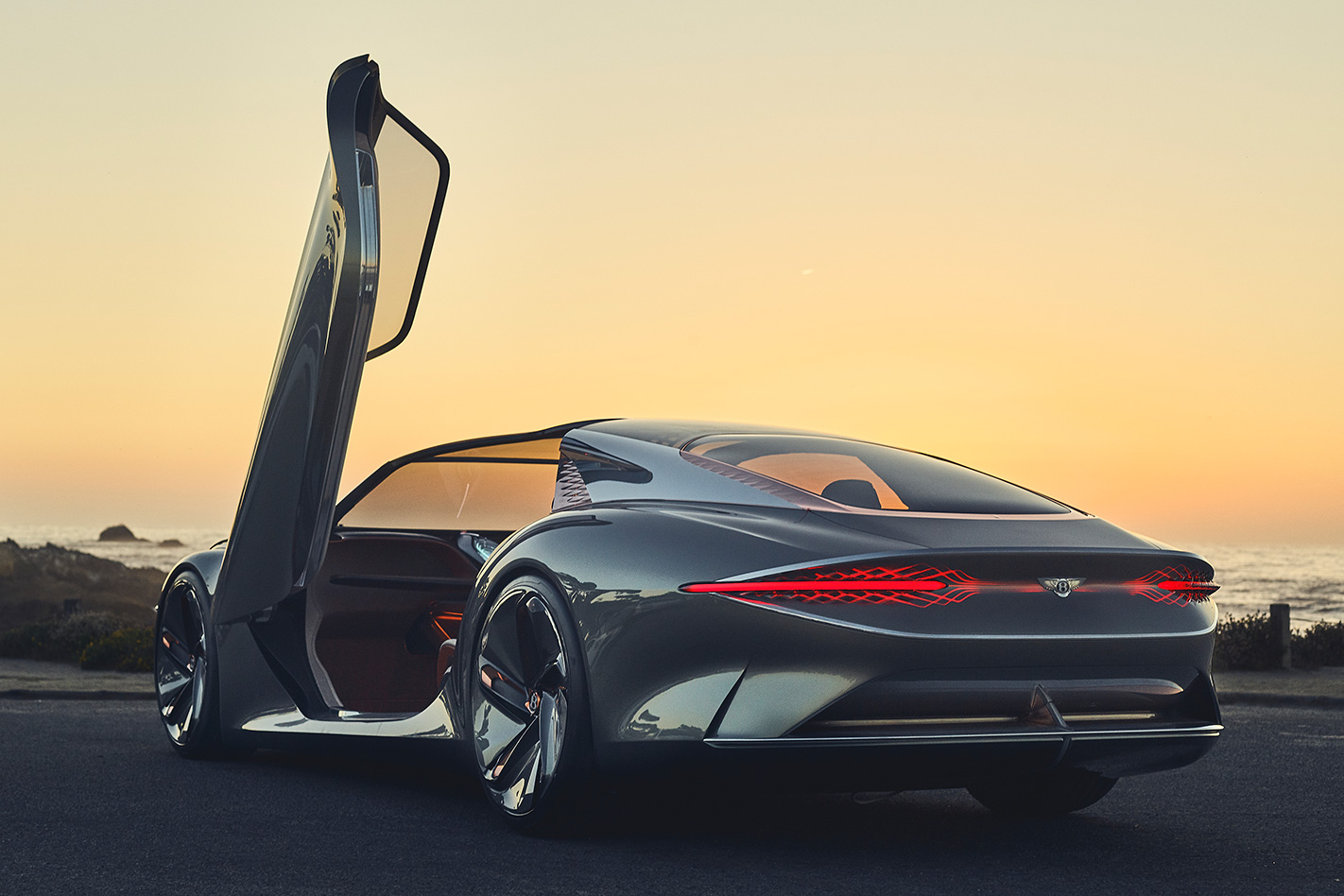
Will it be enough to swing the tide for Bentley? With the full might of the Volkswagen Group soon behind it, it’s possible, but there have been fewer challenging times for the automotive landscape and we could yet see the Bentley brand up for grabs once again.


